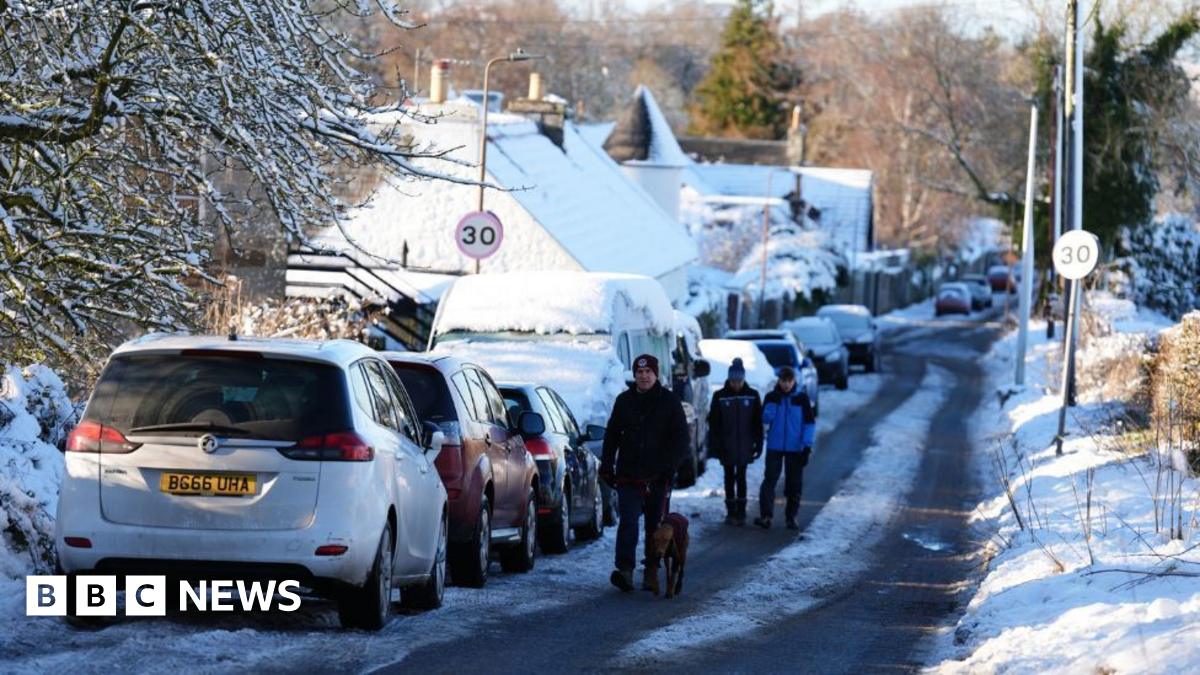Bussiness
Inflation rate drops to Bank of England target for the first time in 3 years – Scottish Business News

The Office for National Statistics announced today that inflation has dropped to 2%, which marks a significant milestone, being the first time in nearly three years that the UK has achieved the Bank of England’s target.
High inflation rates, which peaked at 11.1% in October 2022, have led to a substantial rise in the cost of living for households across the UK. This has been driven primarily by soaring energy and food prices, putting immense pressure on household budgets, especially for low-income families.
The Bank of England is expected to keep interest rates unchanged at 5.25% since August 2023, when it meets tomorrow, as it monitors other measures like core inflation, which excludes rising food and energy prices. Core inflation stood at 3.5% in May, suggesting underlying inflationary pressures remain.
The last time inflation hovered around this level was in July 2021, initially, the COVID-19 pandemic disrupted global supply chains, leading to shortages of various goods and materials. As economies reopened, this supply crunch collided with pent-up consumer demand, fueling inflationary pressures. However, the situation took a turn for the worse when Russia invaded Ukraine in early 2022.
The impact of inflation has been felt by low-income households, as they tend to spend a larger portion of their income on essentials like food and energy, which have seen a high price increase. This has widened the gap between low- and high-income households, exacerbating income inequality in the UK.
Businesses have faced higher input costs due to rising energy and raw material prices, as well as increased labour costs due to wage pressures. This has squeezed profit margins, leading some businesses to pass on these costs to consumers through higher prices, further fueling inflation.
While inflation rates have started to moderate, reaching 2% in May 2024, the Bank of England expects inflation to remain above its 2% target for some time due to persistent domestic inflationary pressures. Bringing inflation back to target levels while supporting economic growth and avoiding a prolonged recession remains a significant challenge for policymakers.










